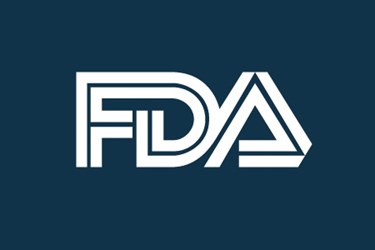FDA Approves Medtronic Defibrillator To Help Improve Therapy Delivery Via Effective Pacing

By Christine Kern, contributing writer

Claria™ MRI CRT-D is approved for scanning in both 1.5 and 3 Tesla MRI machines.
Medtronic announced the U.S. Food and Drug Administration (FDA) has approved the use of its Claria MRI™ Quad Cardiac Resynchronization Therapy Defibrillator (9CRT-D) SureScan ™ device for use in patients with heart failure. The new device provides flexibility in treatment options and uses effective pacing to help improve cardiac therapy delivery. Fortune reported the new device harnesses the power of algorithms to treat patients with irregular heart rhythms.
“Until now, CRT devices have shown only whether a pacing pulse was sent, but we haven’t been able to determine if that stimulation actually improves the heart’s pumping ability,” said Suneet Mittal, M.D., director, Electrophysiology Laboratory, Arrhythmia Institute of the Valley Health System, Ridgewood, NJ. “With the Claria device, physicians are now able to verify the effectiveness of left ventricular pacing, which is especially beneficial for improving outcomes in patients with atrial fibrillation, who have been difficult to treat because this irregular and rapid heartbeat often interferes with the delivery of effective CRT.”
As Fortune notes, what differentiates the Claria device is that it has built-in software that detects how effective the pulses sent to the heart actually are, and it can adjust the rate at which they are delivered to make them more effective for patients with atrial fibrillation.
“The Claria MRI CRT-D is our latest innovation to help improve patients’ response to CRT, establishing a new level of personalized care,” said David Steinhaus, M.D., vice president and general manager of the Heart Failure business, and medical director for the Cardiac Rhythm and Heart Failure division of Medtronic.
There is no release date scheduled for the product yet. Last month, Medtronic gained FDA approval for its SureScan line of MRI-compatible heart failure devices, and also recently received inaugural FDA approval for an artificial pancreas that helps patients with type 1 diabetes taking insulin automate the process.
